-

Fire at Tanjung Mulia Sandals Factory in Medan, Indonesia
—
At approximately 10 p.m. local time on January 27, a fire suddenly broke out at the Swallow Sandals Factory in Tanjung Mulia Village, Medan City. The blaze rapidly spread, engulfing the large rubber products factory. Due to the large quantities of rubber raw materials and finished products stored inside, the fire proved difficult to control…
-
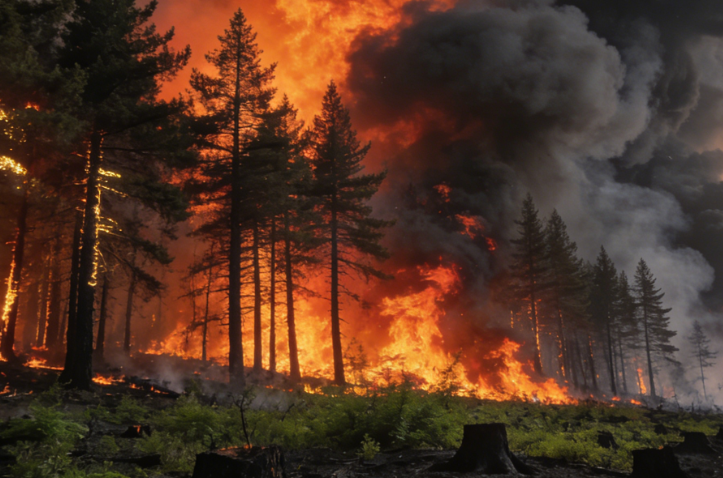
Forest Fires in Central-Southern Chile
—
The fires have claimed 21 lives, affected over 20,000 people, and destroyed thousands of homes. Chilean military helicopters have been deployed to assist in firefighting efforts, with multiple countries providing relief supplies. Extensive forest destruction has released large amounts of carbon dioxide, potentially leading to soil erosion, reduced biodiversity, and severely deteriorated air quality in…
-
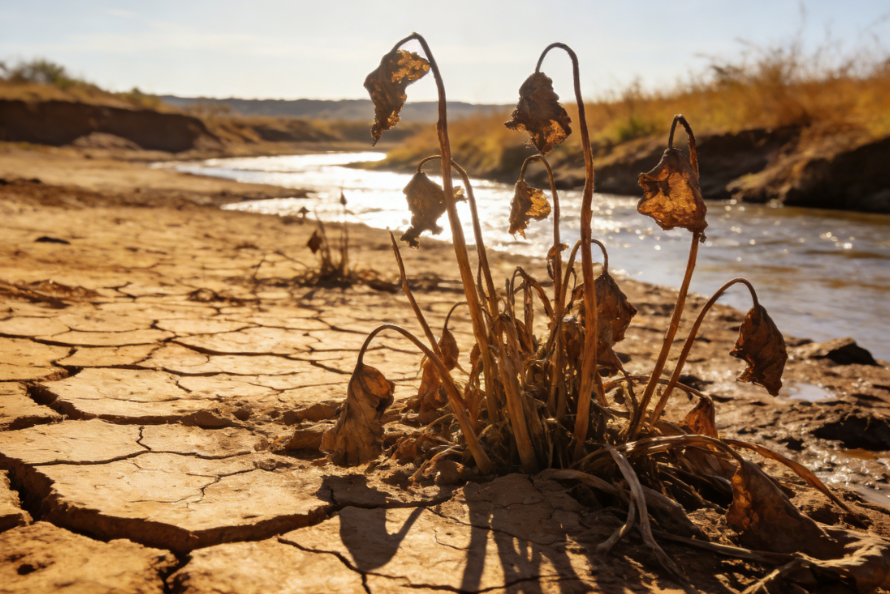
The Water Ecological Crisis is Severe
—
In January 2026, the United Nations University officially declared the world had entered an era of “water bankruptcy.” From an environmental perspective, human water consumption and pollution far exceed the natural hydrological system’s capacity for recovery and restoration. Aquifers, lakes, wetlands, and other water ecosystems have suffered irreversible damage, while drought disasters have become routine.…
-
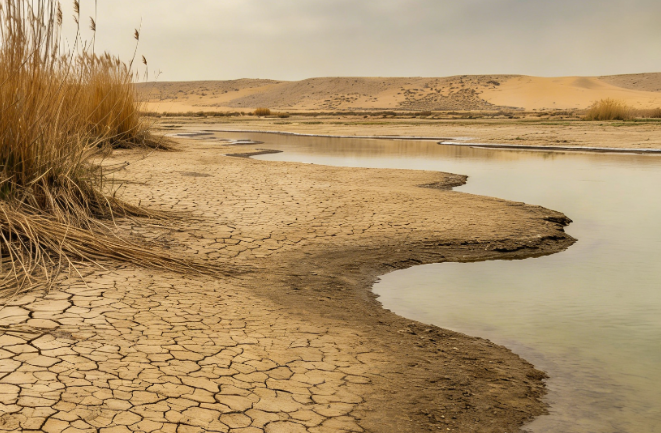
Iran’s Long-Term Environmental Crisis
—
Iran is mired in a protracted environmental crisis, with cities like Tehran, Arak, and Isfahan experiencing fewer than five days of clean air annually. The reliance on heavy fuel oil for winter heating further exacerbates air pollution, contributing to nearly 30,000 deaths each year. Additionally, wetlands in western and southern Iran continue to dry up,…
-

Air Pollution Red Alert in Yangon, Myanmar
—
On January 17-18, 2026, Yangon, Myanmar’s Air Quality Index (AQI) reached 155 (red alert level), with PM2.5 concentrations hitting 61.9 µg/m³. The city ranked 20th globally among polluted cities, maintaining “unhealthy” air quality for consecutive days. Air quality poses a direct threat to public health, particularly endangering children, the elderly, and individuals with respiratory conditions.…
-
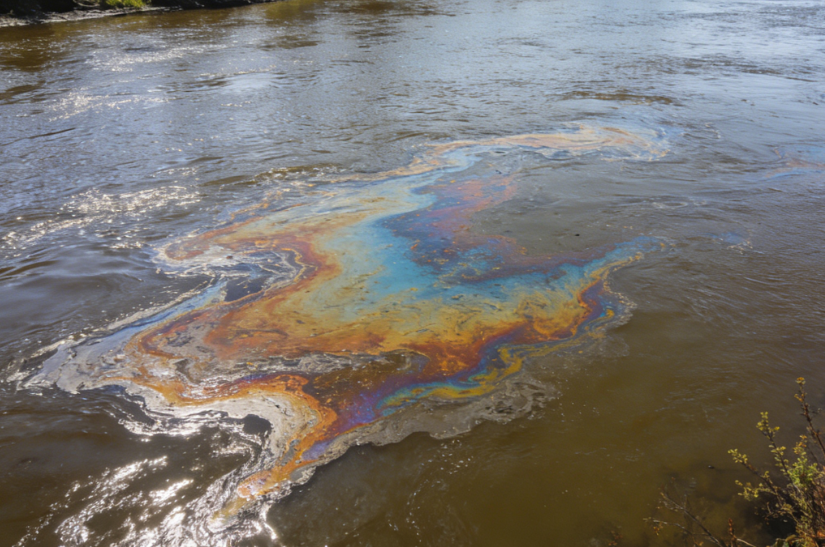
Chemical Pollution in Quebec, Canada
—
Superior General Partner Inc. and its former technical director were fined CAD 1,365,000 for repeatedly discharging hazardous chemicals into the Rivière du Lièvre.These toxic substances directly poison aquatic life including fish, plankton, and benthic organisms, causing localized mass mortality and drastic population declines. This disrupts the river’s natural food chain and ecological balance.
-
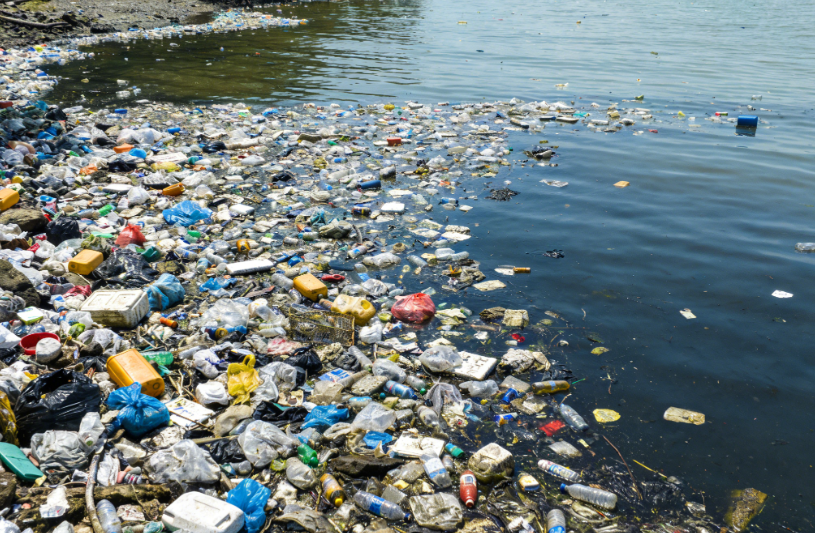
Malaysia’s Solid Waste Management Challenges
—
Malaysia generates approximately 12 million tons of solid waste annually, with plastic pollution accounting for over 30% of this total. Coastal regions such as Penang State suffer severe plastic pollution, prompting the government to expand its ban on single-use plastic bags to include nature reserves.
-
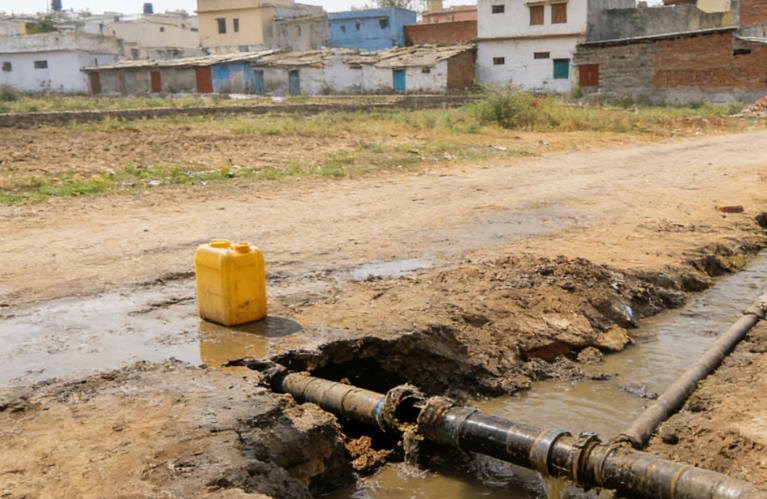
Drinking Water Contamination Incident in Indore City, Madhya Pradesh, India
—
Sewage from police checkpoint toilets, not connected to the sewer system, seeped into the drinking water supply through a damaged water pipe. This caused fecal coliform levels to exceed safety standards. Primarily affecting the Bajiratpura community, fecal coliform was detected in 35 out of 69 groundwater samples. 516 deep wells were urgently decommissioned. The government…
-
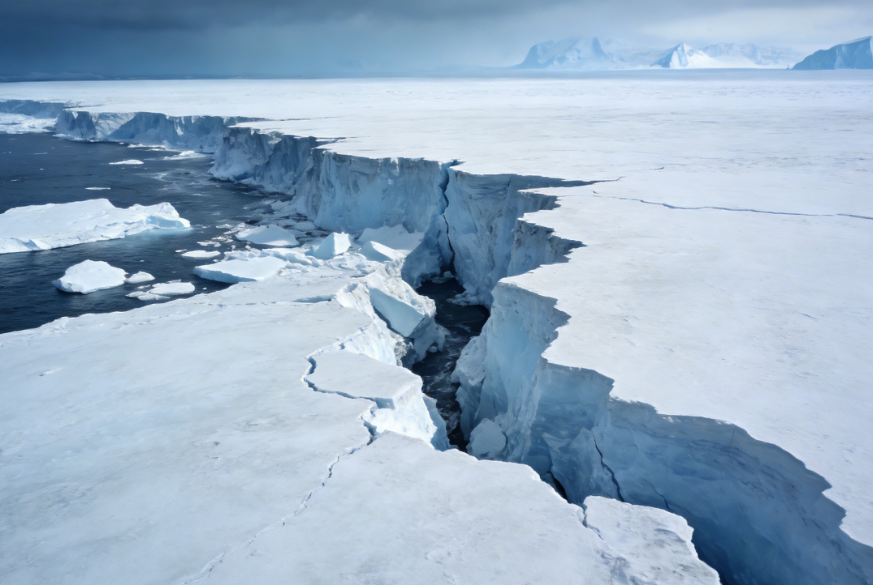
Deadly Cracks Appear in Arctic Permafrost
—
Science journal reports accelerated melting in Queen Elizabeth Islands (QEI) ice zone, Canada’s north. Since 1997, annual thawing has advanced by 5 days each year, depriving multi-year ice of its “refuge.”Data: Once considered the Arctic’s most stable ice zone, this region is now “becoming a graveyard for multi-year ice,” threatening the survival of polar species…
-

Arctic Cold Wave Sweeps Across Europe
—
A polar cold front has swept through multiple European nations, affecting cities including London, Rome, Finland, Germany, Poland, Sweden, and Ukraine. Temperatures in some areas have plummeted to nearly -40°C, causing airport closures and transportation disruptions. Frequent extreme temperature events highlight growing climate system instability, posing severe challenges to infrastructure resilience.